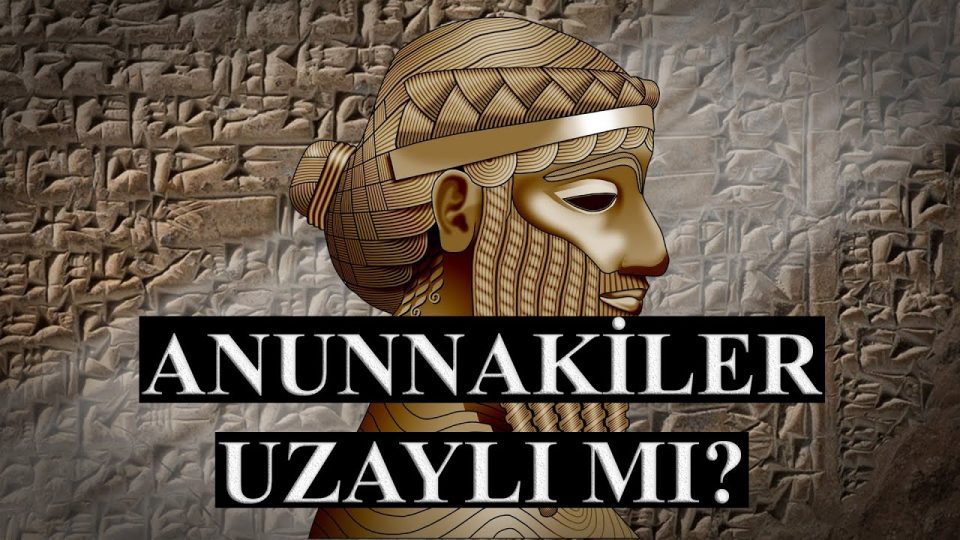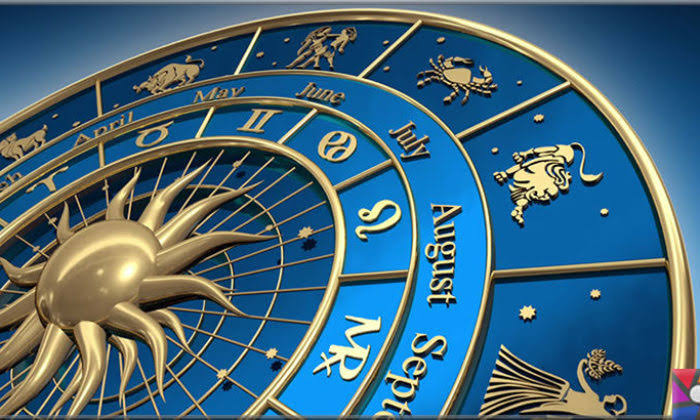1 – The Egyptian Book of the Dead: Translated by E.A. Wallis Budge, originally published in 1895. The Egyptian Book of the Dead is a collection of funerary texts that were believed to assist the deceased in their journey to the afterlife. These texts were often inscribed on tomb walls or written on papyrus and placed in tombs with the mummified body. The book contains hymns, prayers, and spells that were intended to help the deceased navigate the underworld, and provides insight into the ancient Egyptian beliefs about death and the afterlife.
2 – The Oxford History of Ancient Egypt: Edited by Ian Shaw, originally published in 2000. The Oxford History of Ancient Egypt is a comprehensive overview of the history, culture, and society of ancient Egypt. The book covers the period from the earliest settlements in the Nile valley to the conquest of Egypt by Alexander the Great. The book includes chapters on religion, art, literature, and architecture, providing a detailed understanding of the civilization that produced the myth of Isis and Osiris.
3 – The Complete Gods and Goddesses of Ancient Egypt: Richard H. Wilkinson, originally published in 2003. The Complete Gods and Goddesses of Ancient Egypt is a reference guide to the gods and goddesses of ancient Egypt, including Isis and Osiris. The book provides a detailed description of each deity, their mythology, and their role in Egyptian religion. The book also includes illustrations and photographs of ancient Egyptian art and artifacts depicting the gods and goddesses.
4 – The Osiris Myth and the Egyptian Resurrection: E.A. Wallis Budge, originally published in 1911. The Osiris Myth and the Egyptian Resurrection is a detailed analysis of the myth of Osiris and its role in ancient Egyptian religion. Budge explores the origins of the myth, its various versions, and its significance in Egyptian religious practices. The book also discusses the cult of Osiris and the rituals associated with it.
5 – The Literature of Ancient Egypt: Edited by William Kelly Simpson, originally published in 2003. The Literature of Ancient Egypt is a collection of translated texts from ancient Egypt, including hymns, stories, and religious texts. The book provides insight into the literary culture of ancient Egypt, and includes several texts that reference Isis and Osiris.
6 – The Book of the Dead and the Mythology of Ancient Egypt: J.F. Borghouts, originally published in 1982. The Book of the Dead and the Mythology of Ancient Egypt is a study of the Egyptian Book of the Dead and its role in ancient Egyptian religion. Borghouts explores the myth of Osiris and its significance in the funerary rituals of ancient Egypt. The book also provides a detailed analysis of the spells and incantations in the Book of the Dead.
7 – The Cult of Isis Among Women in the Graeco-Roman World: Sarolta A. Takács, originally published in 2008. The Cult of Isis Among Women in the Graeco-Roman World is a study of the worship of Isis in the ancient Mediterranean world. Takács explores the role of women in the cult of Isis and how the worship of the goddess provided a sense of identity and community for women in a patriarchal society. The book also discusses the spread of the cult of Isis across the Mediterranean world and its influence on other religions.
8 – The Egyptian Myths: Garry J. Shaw, originally published in 2014. The Egyptian Myths is a collection of Egyptian myths and legends, including the story of Isis and Osiris. The book provides insight into the religious beliefs and practices of ancient Egypt, and explores the role of mythology in Egyptian society. The book also includes illustrations and photographs of ancient Egyptian art and artifacts depicting the gods and goddesses.
9 – The Search for God in Ancient Egypt: Jan Assmann, originally published in 1984. The Search for God in Ancient Egypt is a study of the concept of god in ancient Egyptian religion. Assmann explores the evolution of Egyptian religious beliefs and the emergence of the idea of a single, all-powerful god. The book also discusses the role of the gods and goddesses in Egyptian society, and how their worship provided a sense of community and identity.
10 – The Oxford Handbook of the Reception of Myth: Edited by Vanda Zajko and Helena Hoyle, originally published in 2016. The Oxford Handbook of the Reception of Myth is a collection of essays that explore the reception of myth across various cultures and time periods. The book includes a chapter on the reception of the myth of Isis and Osiris in literature, art, and popular culture. The chapter provides insight into how the myth has been reinterpreted and adapted in different contexts, and its ongoing relevance in contemporary society.












